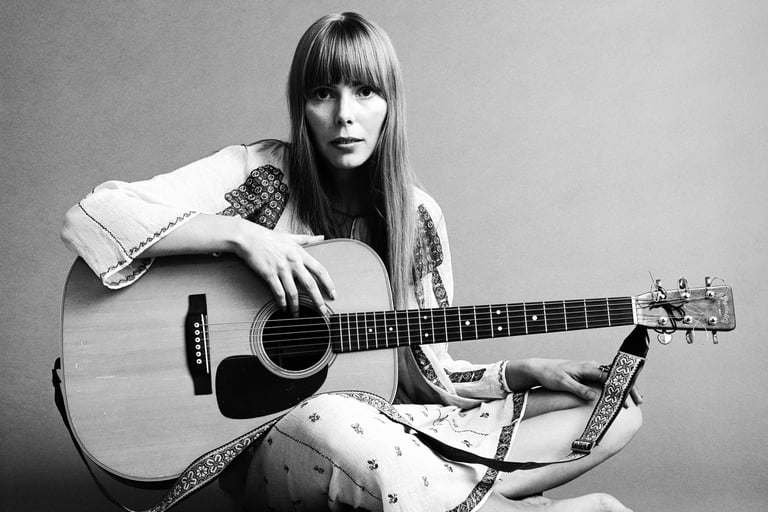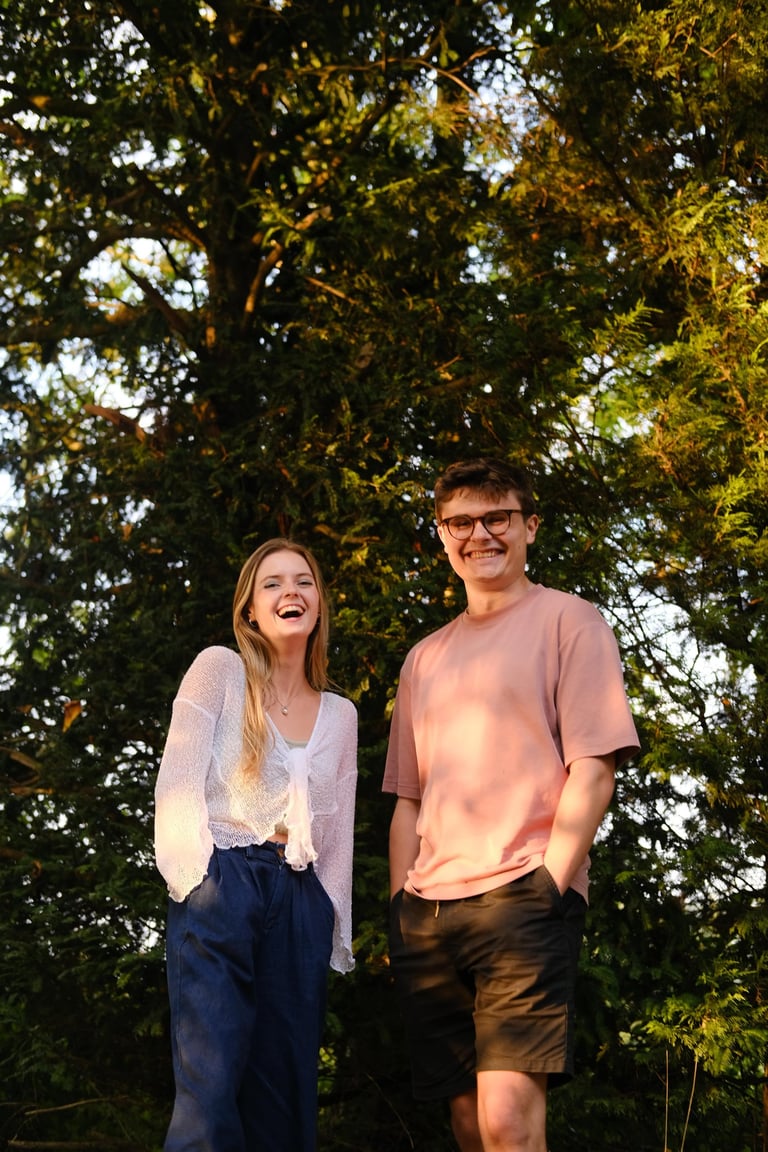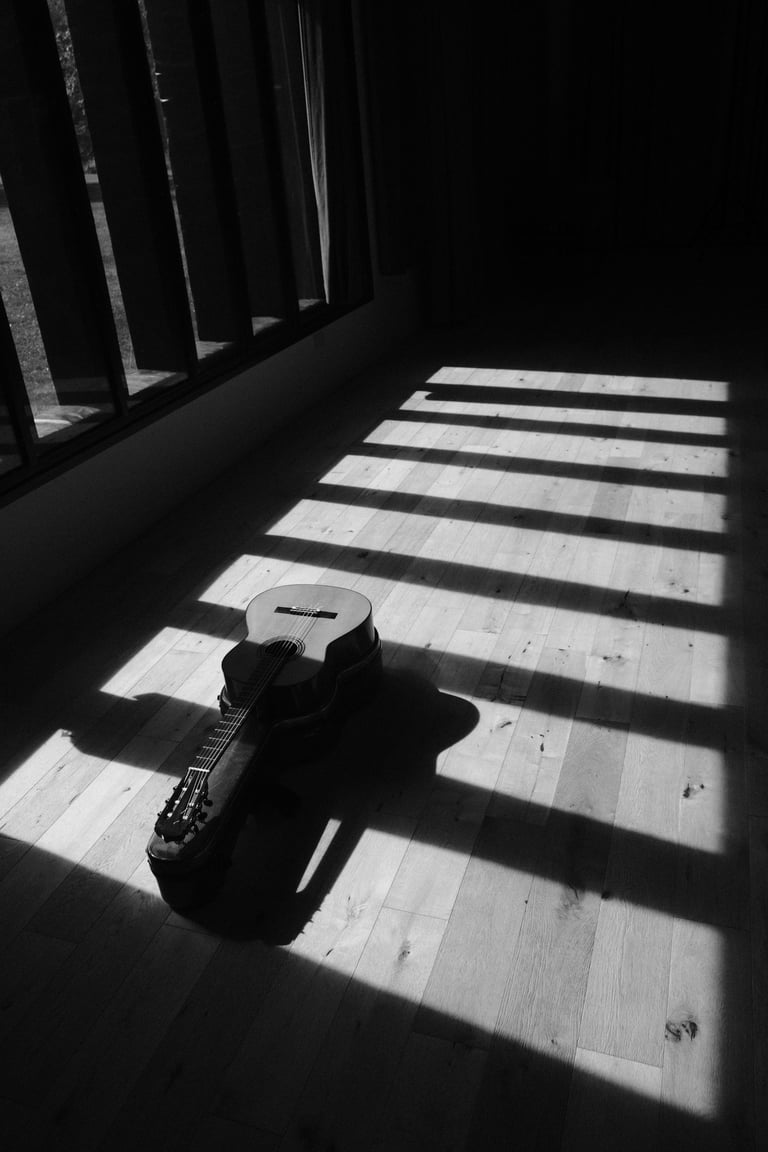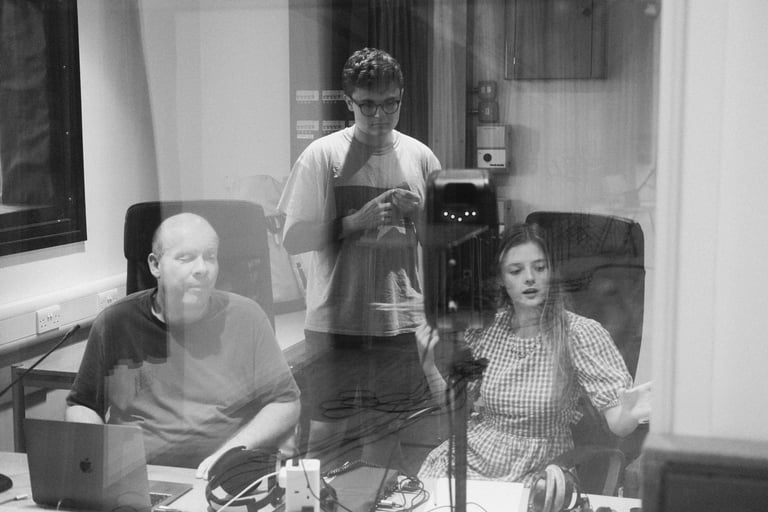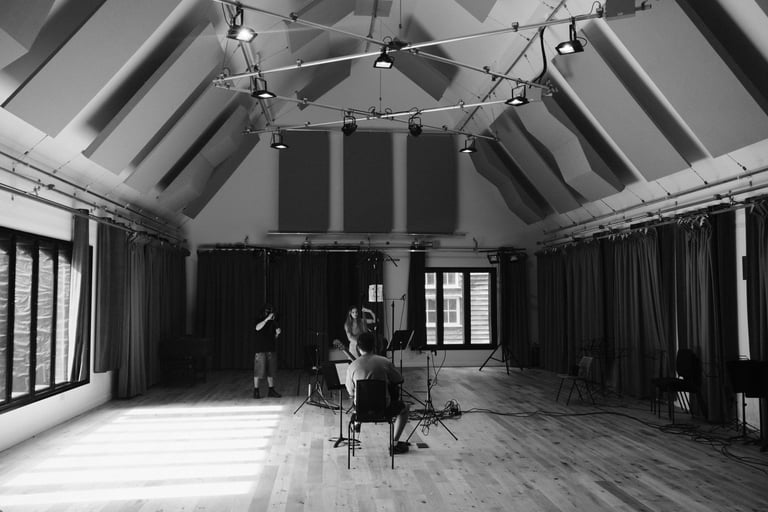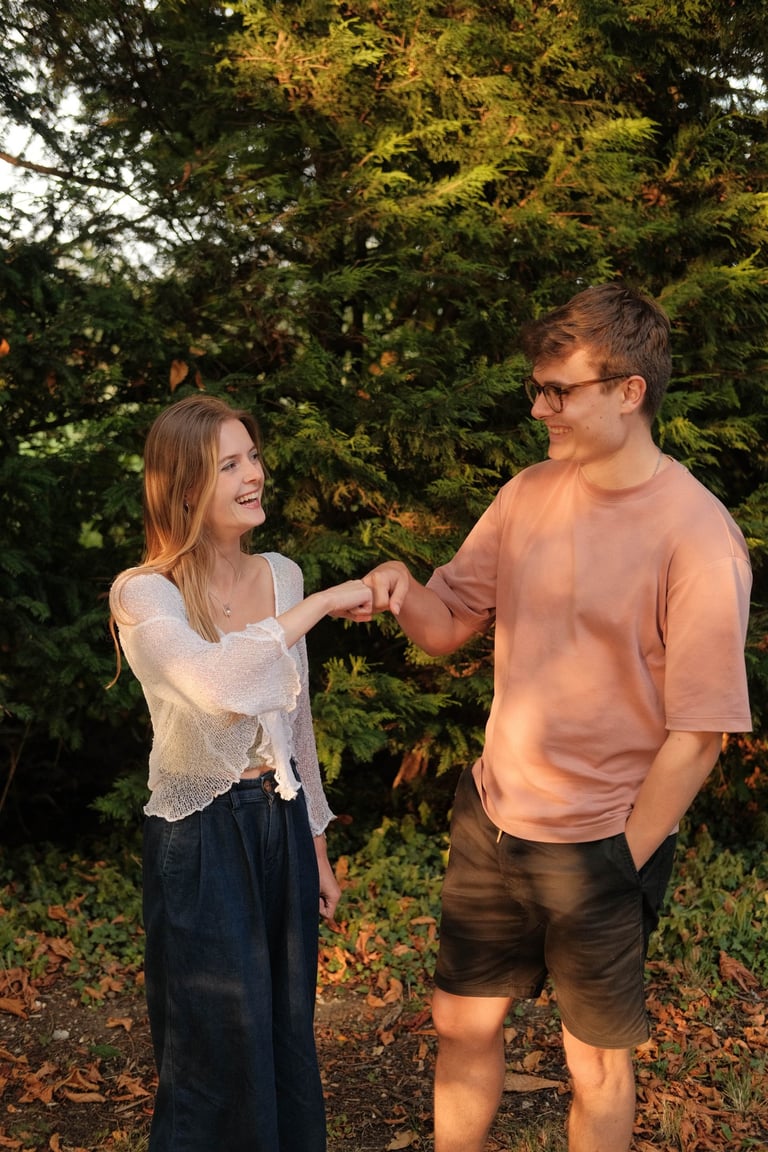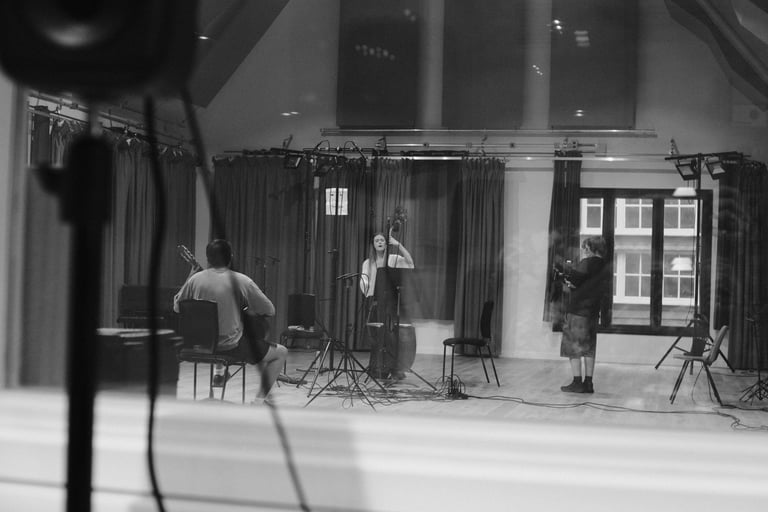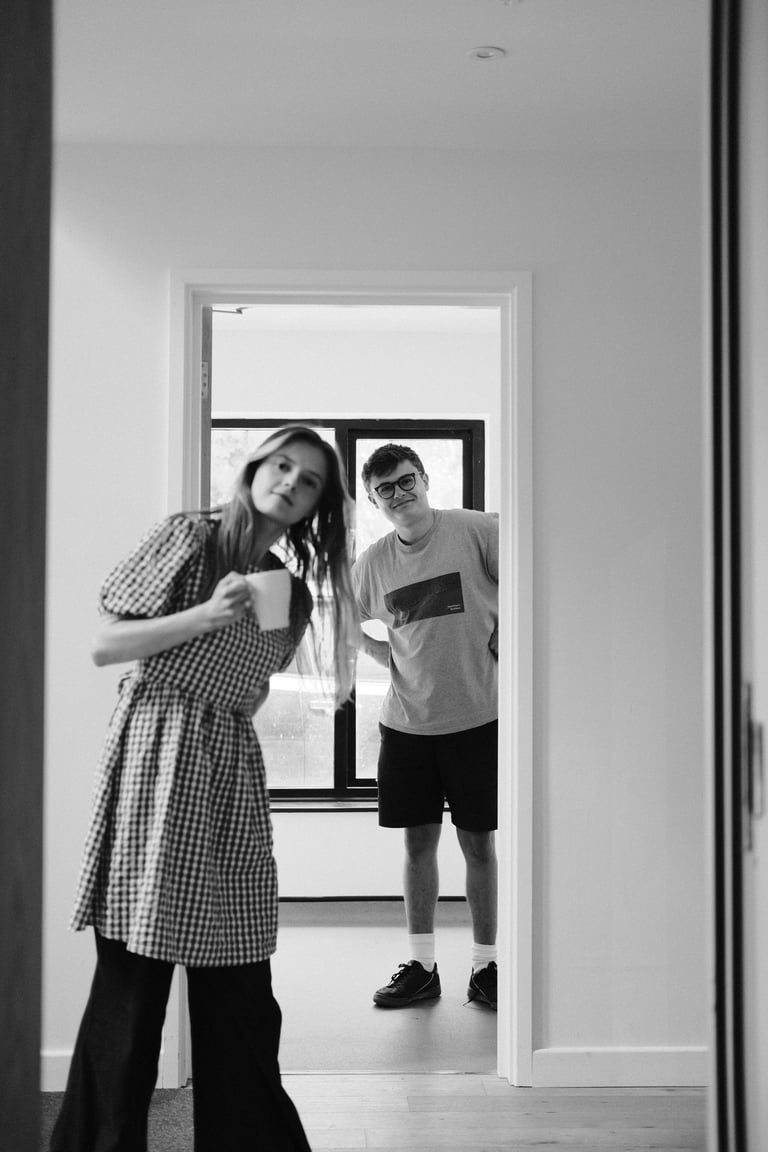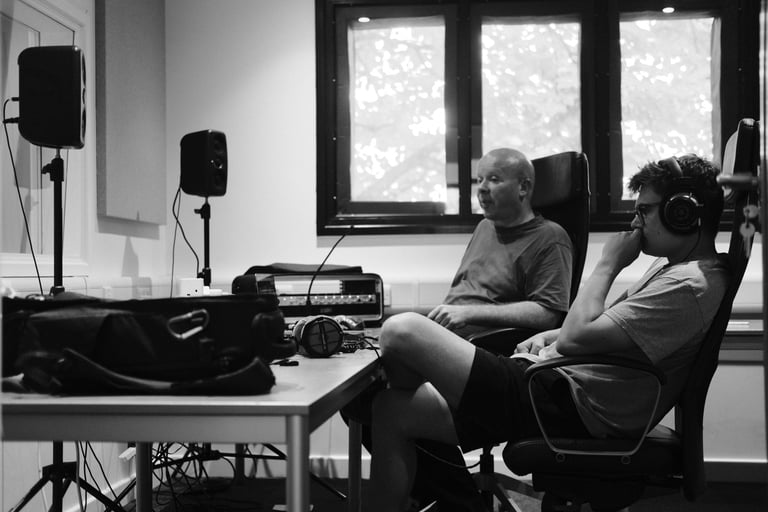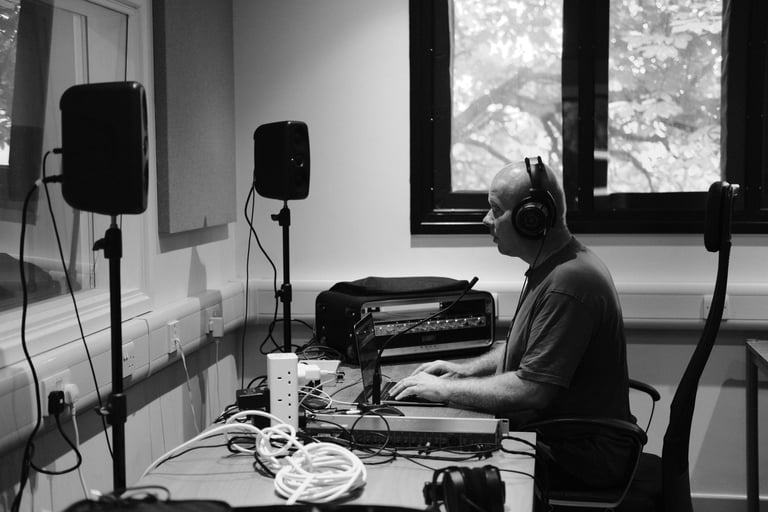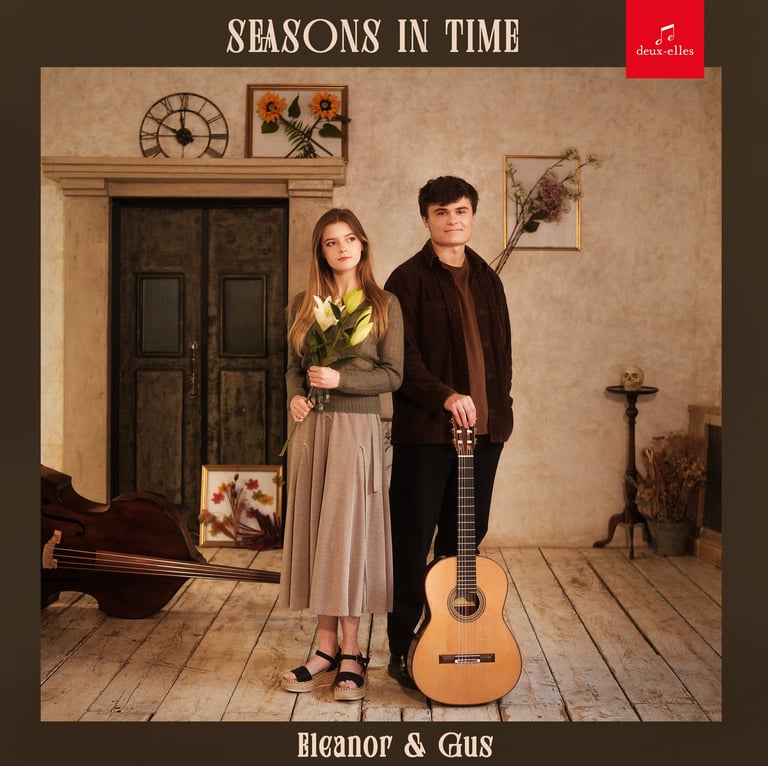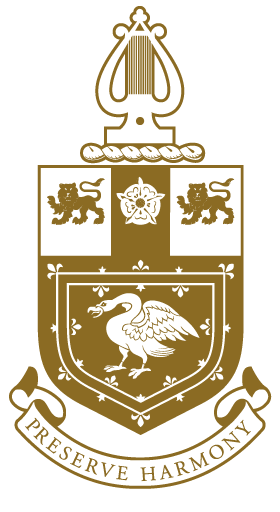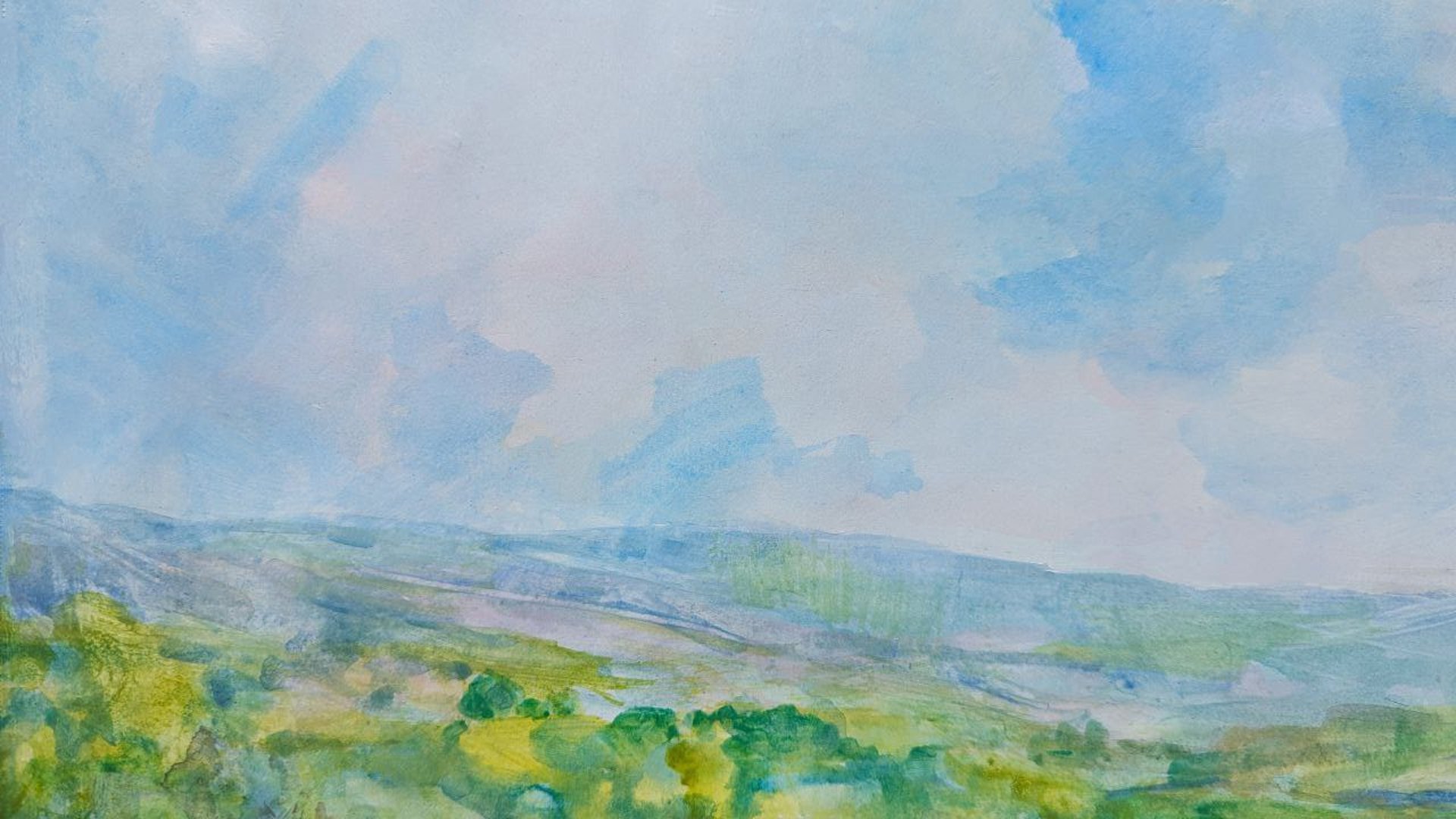
Debut Album Seasons in Time
Out Now
BBC Classical Connections
Album of the Week
"Diverse is the Word"
Katie Derham on
BBC Radio 3 In Tune
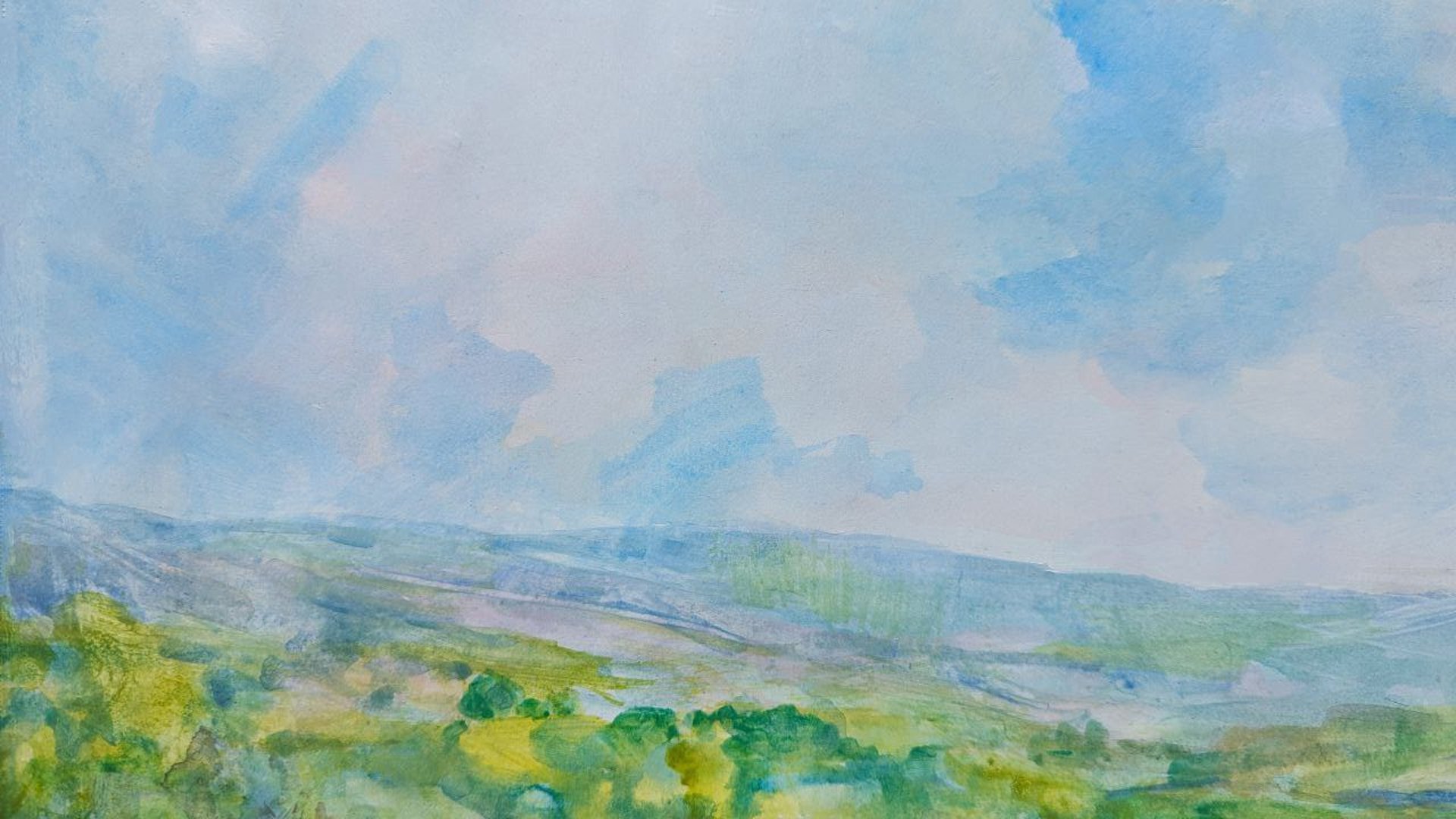
"With this album, and with every concert we do, we hope that there will be something in there for everyone, and that if you listen to the album in its entirety, you’ll be exposed to lots of different styles. If you just take them for what they are, they’re all fantastic songs."
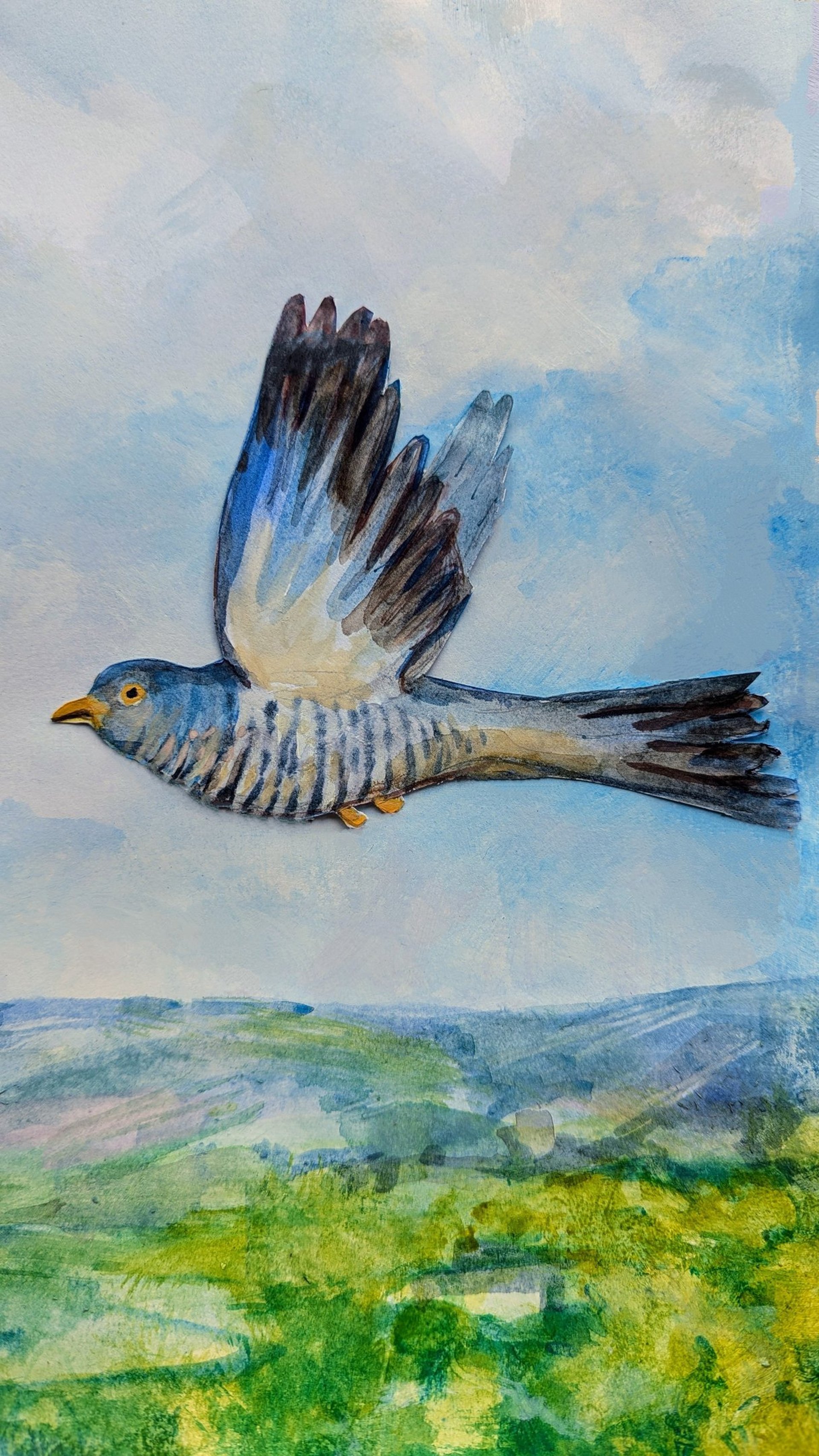
1) The Cuckoo
The Cuckoo is a beautiful traditional folk song with a long and fascinating history. When we came across it, we felt an immediate pull — even though Eleanor arranged it just a week before our recording session, it quickly became one of our favourite tracks.
The song’s origins trace back to printed broadsides from the late 18th century, and its lyrics — about a bird that sings only when summer nears — appear throughout English poetry and folk tradition, capturing a timeless sense of change and renewal.
"The Cuckoo is such a beautiful song with such deep history… we felt it was important to include a traditional folk song in our album."
The live music video was filmed by Harry Isherwood in a beautiful old barn, with support from the City Music Foundation. The single cover was photographed by the incredible Venetia Jollands, and our animated “Canvas” video was created by artist Lynne McQuade, inspired by the handmade worlds of The Clangers and Ivor the Engine.
The cuckoo bird itself is now in dramatic decline in the UK, with numbers falling by 70% since 1995. We hope this song connects listeners to a tradition that still resonates — and to a bird whose song is growing rarer each year.

Album Tracks

2) Autumn
Written by David Shire with lyrics by Richard Maltby Jr., Autumn is a gentle, melancholic reflection on the passing of summer and the quiet arrival of winter. Originally from the musical revue Starting Here, Starting Now, the song was made famous by Barbra Streisand.
Musical theatre has always been close to Eleanor’s heart, so including a piece from this genre felt completely natural — and this one, with its understated emotion and lyrical depth, became a perfect fit for the album.
Shire and Maltby Jr. were long-time collaborators who wrote several Broadway scores together, including Baby and Big the Musical. Beyond theatre, Shire also composed music for film and television, most notably for the American dance drama film “Saturday Night Fever” & Disney’s “Return to Oz”.
The hand-crafted picture frame featured on our album artwork was designed by Eleanor herself, inspired by the changing tones and textures of autumn.
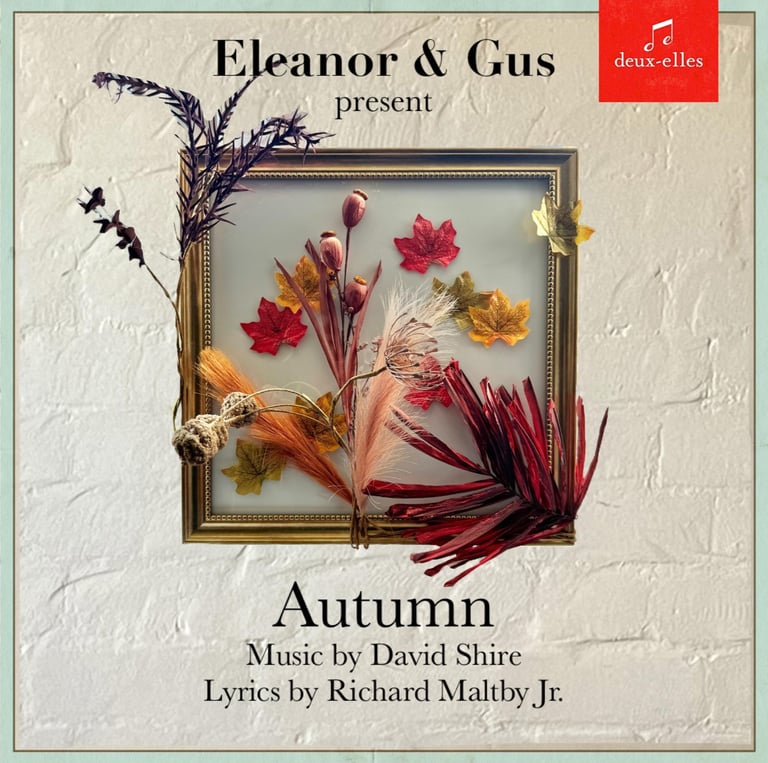


3) Have You Seen But A White Lily Grow
We first performed this song in 2022 as part of the Musicians’ Company New Elizabethan Award, and it’s become a core part of our duo’s repertoire ever since.
Originally written for voice and lute by English composer Robert Johnson (c. 1583–1633), Have You Seen But a White Lily Grow is a beautiful song. Johnson was a lutenist and songwriter at the court of King James I, and is best known today for composing music for Shakespeare’s plays — including The Tempest, Cymbeline, and The Winter’s Tale.
For our version, we re imagined it with a double bass solo introduction and reharmonised many of the chords to give it a subtle, contemporary feel.

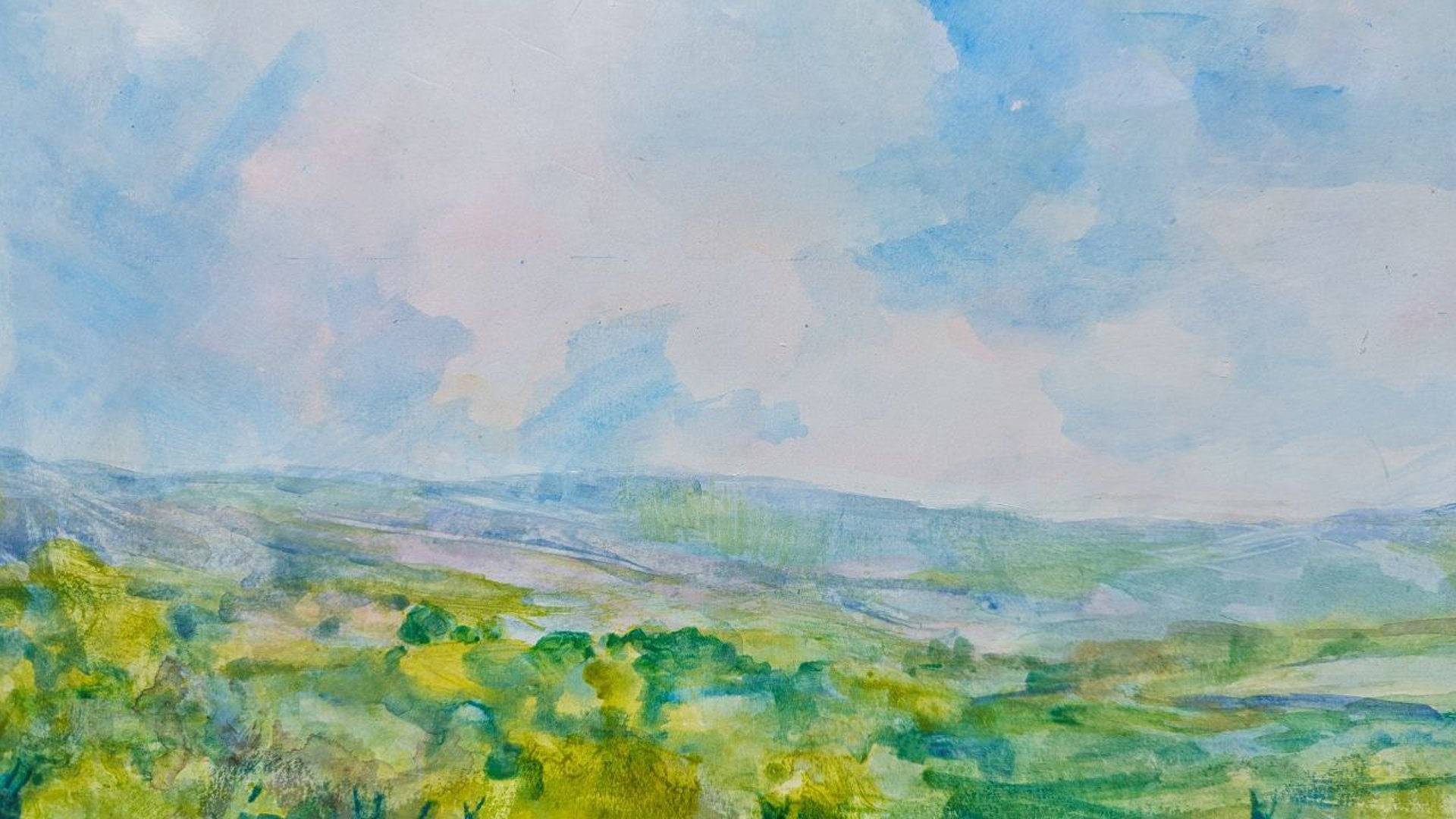
4) Sweet Suffolk Owl
A firm favourite of ours, Sweet Suffolk Owl never fails to transport us to the English countryside. Originally for voice and piano, the song sets a haunting text by Thomas Vautor (c.1590–1625), evoking the stillness and mystery of the natural world at night.
The music was composed by Elizabeth Poston (1905–1987), who, like us, studied at the Royal Academy of Music in London. She was mentored by Peter Warlock and Ralph Vaughan Williams, and studied composition with Julius Harrison. Poston often drew on English tradition and poetry in her writing, and this song is a beautiful example of her lyrical, expressive style.
Eleanor actually first sang this song for her Grade 7 ABRSM exam, following in the footsteps of her mum (and singing teacher), who chose the same song for hers years earlier.
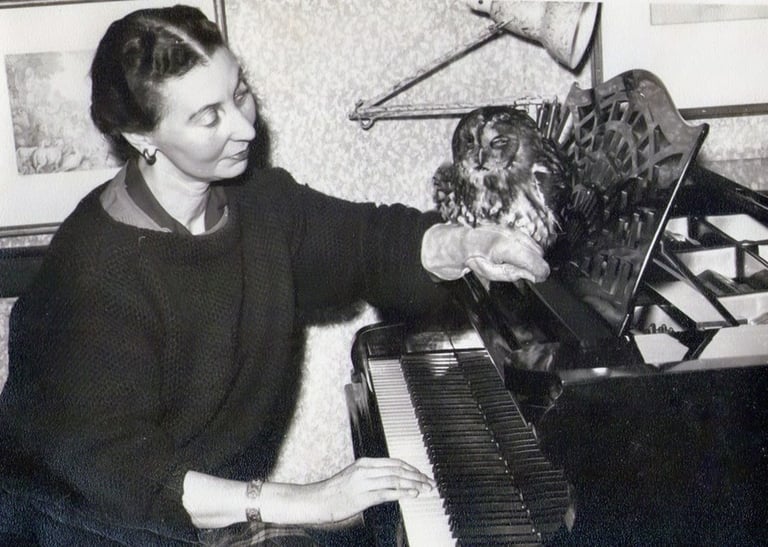


5) How Like a Winter
Set to Shakespeare’s Sonnet 97, How Like a Winter is one of two tracks on the album by composer Eric Wetherell (1925–2021). It’s part of his Three Shakespeare Sonnets — a collection originally written for voice and piano, and also arranged for SATB choir.
Eric had a profound enthusiasm for jazz and was closely involved with the BBC Big Band, for whom he arranged and produced. He also worked regularly on Friday Night is Music Night on BBC Radio 2 in the early 1970s.


6) Time Stands Still
The music of John Dowland (c.1563–c.1626) experienced a major revival in the 20th century, sparking renewed interest in early music and the lute tradition. His songs have since become essential repertoire for lutenists and classical guitarists alike, and it’s easy to see why.
The poet Richard Barnfield once wrote that Dowland’s “heavenly touch upon the lute doth ravish human sense”. Though many of his songs dwell in melancholy, this one offers something more hopeful.
Time Stands Still can be read in many ways, but to us, the song is a reflection of love that is true and eternal.
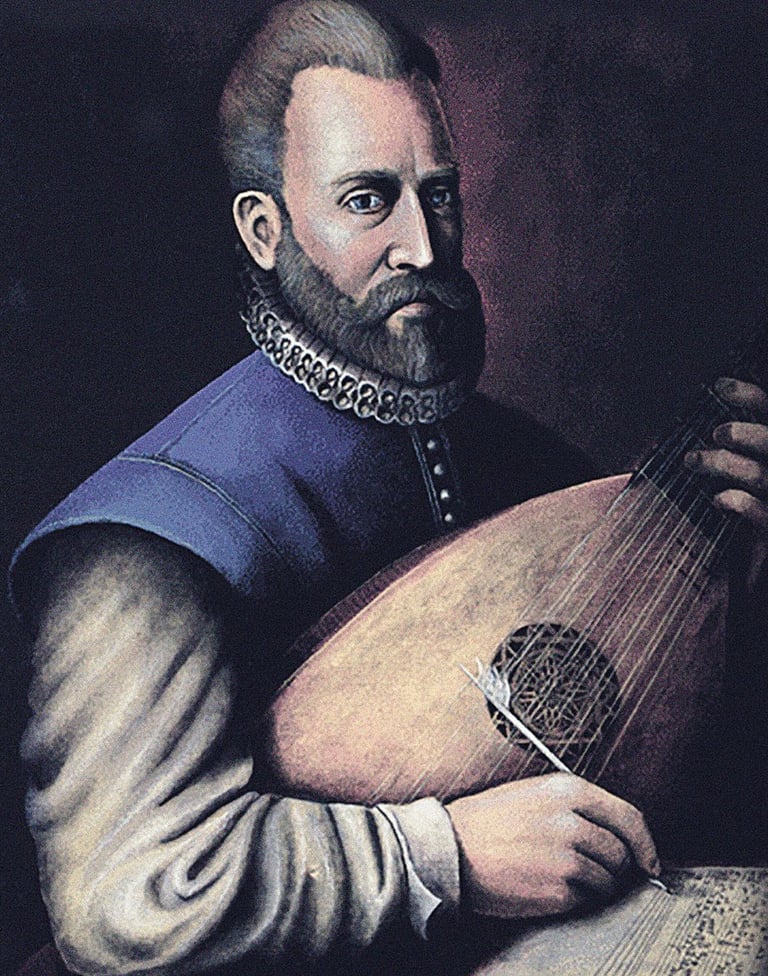


7) Urge For Going
We first performed Joni Mitchell’s Urge for Going in 2022 as part of the Musicians’ Company New Elizabethan Award competition — a moment that still holds so many happy memories for us. It felt electric to share something so stylistically different from everything else on the programme.
The song depicts lost love and the harsh winters of Saskatoon, Canada, where Mitchell grew up. However, the song is uplifting and energetic in spirit, and we love performing it live wherever we go.
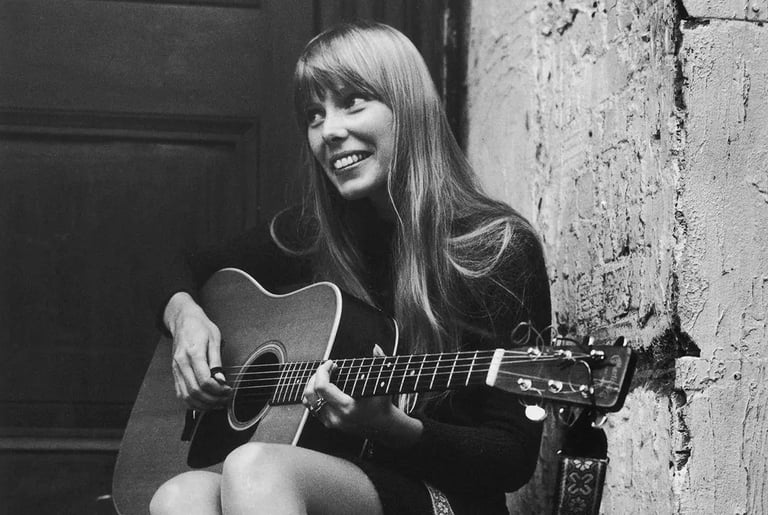


8) Cherry Blossom Wand
This song was written by trailblazing composer and violist Rebecca Clarke, one of the first ever female professional orchestral players in London.
One of the aims of the New Elizabethan Award we took part in back in 2022 was to “stimulate public awareness and the expansion of this (guitar) repertoire,” so we felt it was important to write our own arrangements in order to bring more obscure and unknown repertoire to life for our instrumental combination.
Arranged by Gus, Cherry Blossom Wand transferred beautifully from its original piano accompaniment into a new version for guitar. The song is exploratory in its musical language, with Clarke leading us through unexpected shifts in harmony and colour.
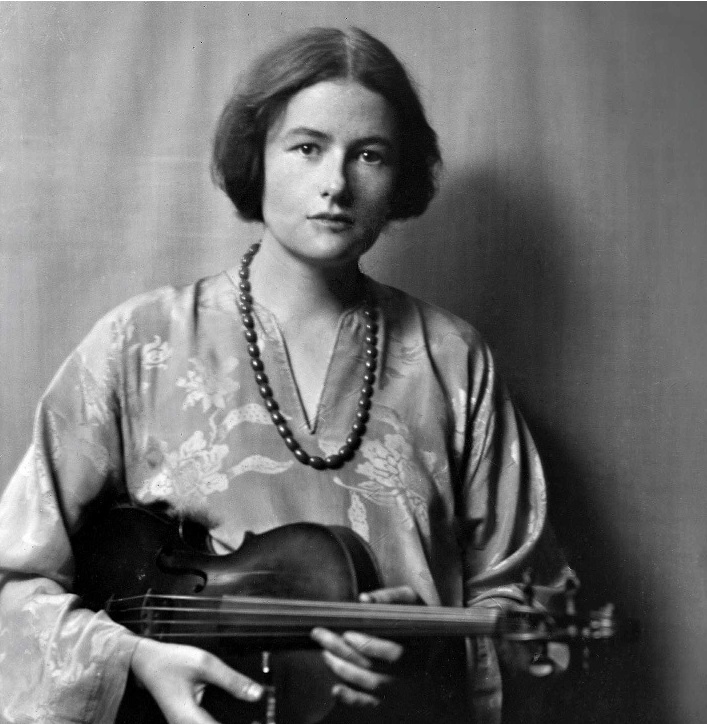


9) Shall I Compare Thee?
Shall I Compare Thee is the second Wetherell setting on the album, from the same Three Shakespeare Sonnets collection. Originally for voice and piano (and also arranged for SATB choir), Eleanor first performed the song in 2018 as part of her A-level music recital, and it’s remained a personal favourite ever since.
Sonnet 18 is one of Shakespeare’s most beloved texts, exploring themes of eternal beauty and memory. Its timeless imagery — from “darling buds of May” to “thy eternal summer” — made it a natural choice when we were selecting repertoire for the New Elizabethan Award in 2022, and even more so as we shaped our own album.
“Shall I compare thee to a summer’s day? / Thou art more lovely and more temperate...”
— William Shakespeare, Sonnet 18
Eric Wetherell (1925–2021) was a deeply versatile musician. Classically trained at the Royal College of Music, he performed with the Royal Philharmonic and London Symphony Orchestra, conducted for the BBC Northern Ireland Orchestra and Welsh National Opera, and arranged for the BBC Big Band and Friday Night is Music Night. A passionate jazz pianist and composer, he moved fluidly between genres — something we deeply admire.
We’re also very grateful to have had the support of Eric’s family — his wife Elizabeth and daughter Anna — throughout this project. We hope he would have loved hearing his music re imagined in this way.
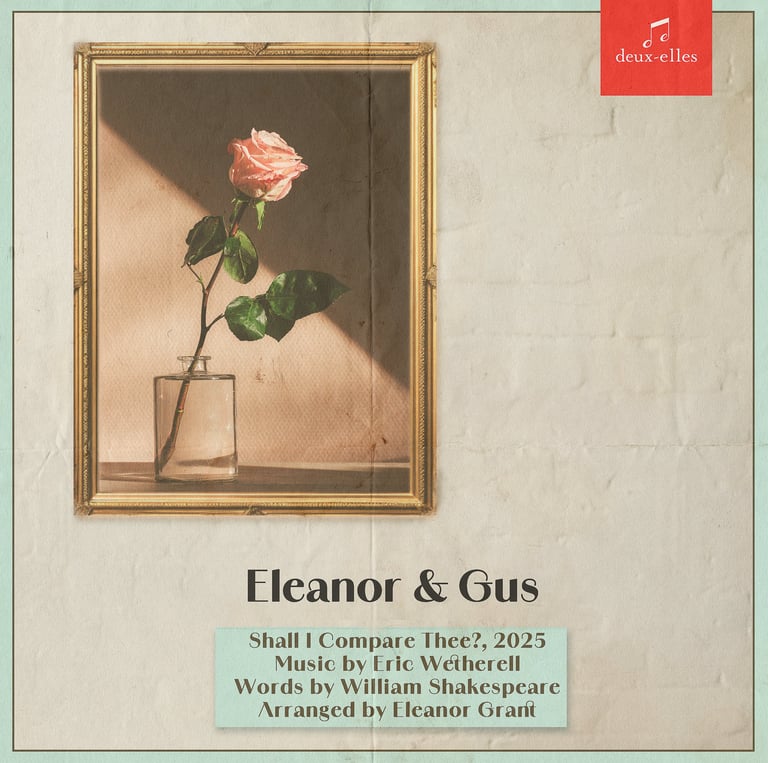

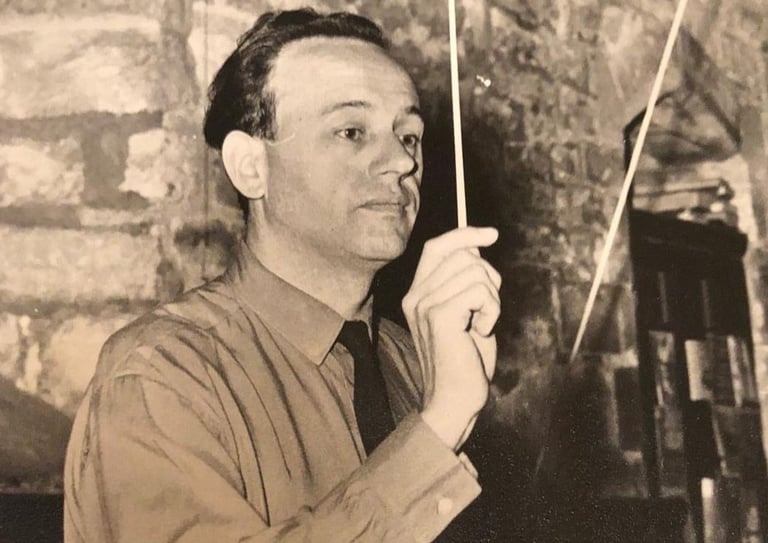


10) In Time
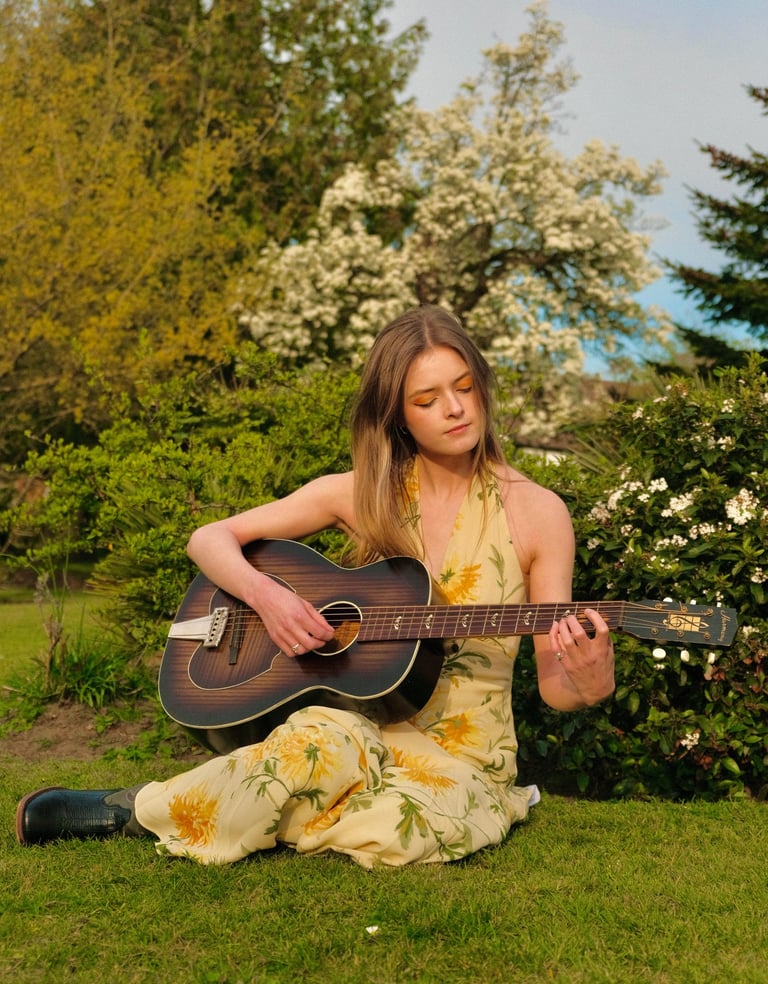

Written especially for the album by Eleanor, In Time grew out of its title — which was chosen before any lyrics or music had been written. That simple phrase sparked the central line of the chorus: “maybe I’ll understand in time.”
The song reflects on the aftermath of an unresolved conflict, holding space for uncertainty and the possibility of future clarity. It captures the quiet hope that, with enough distance, we may come to understand why certain things unfolded as they did.

11) The Trees They Grow So High
The Trees They Grow So High is a Scottish folk song set to music by Benjamin Britten, and is the only track on the album not arranged by us. This version — adapted from the original voice and piano setting to voice and guitar by guitarist Gregg Nestor — preserves Britten’s unique musical drama while bringing new intimacy to the accompaniment.
The song tells the story of an arranged marriage, exploring the fragility of life and time through the eyes of a young woman. The guitar part builds in momentum and complexity as the narrative unfolds, while the first and final verses are sung a cappella, laying bare the character’s vulnerability and eventual sorrow.
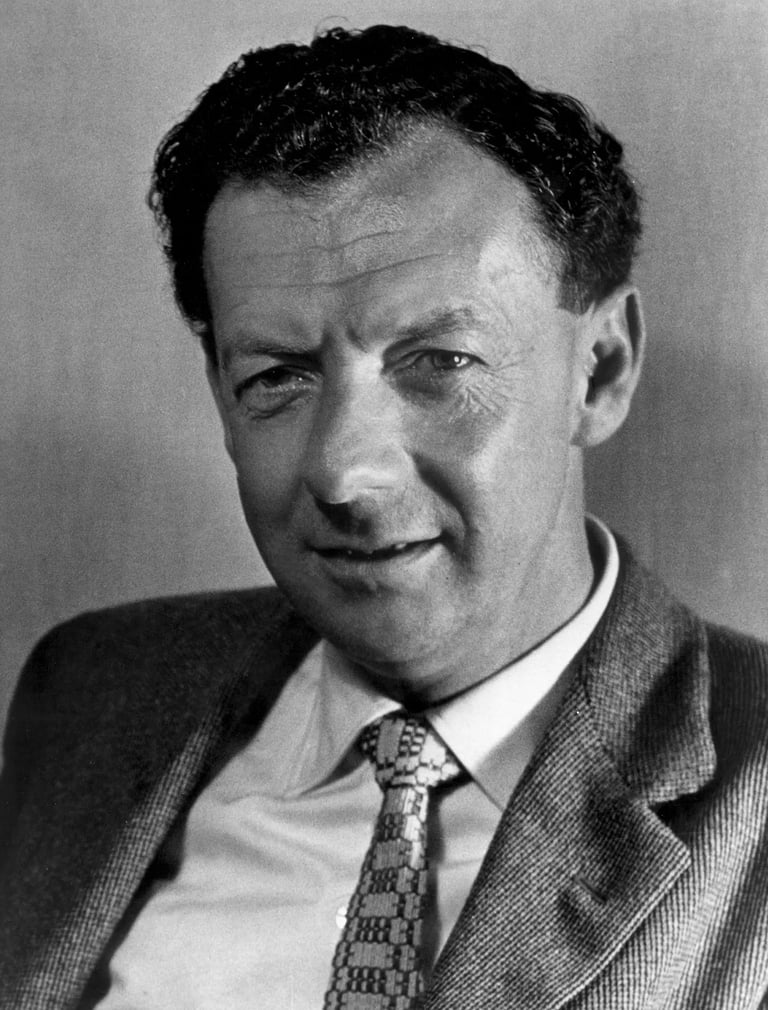


12) Circle Game
The final track on the album. We often perform this song live alongside Benjamin Britten’s The Trees They Grow So High — two pieces that, while strikingly different in style, mirror each other in their reflections on growing up and the passing of time.
A masterclass in storytelling, Joni Mitchell’s lyrics in The Circle Game follow a child through the seasons of life, from innocence to adulthood. The song captures both the beauty and inevitability of change with tenderness and insight.
It felt like the perfect way to end Seasons in Time : “We’re captive on the carousel of time; we can’t return, we can only look behind from where we came… and go round and round and round in the Circle Game.”

